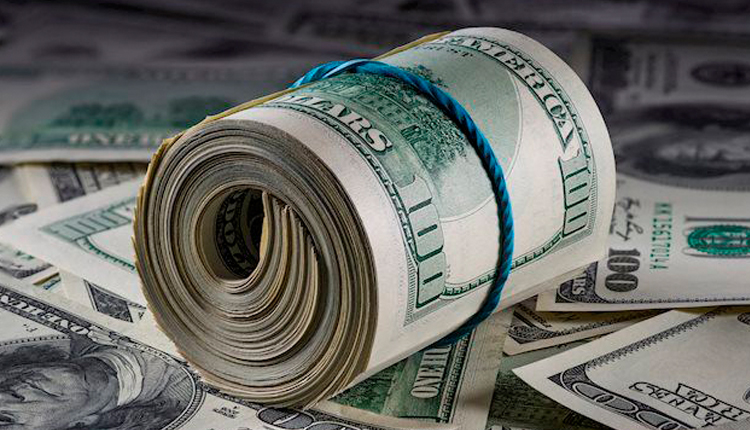The dollar held steady while the Australian dollar hovered near a more than four-month low on Wednesday, as traders awaited European and U.S. data for clues on whether the worst is over for the global economy.
The foreign exchange market showed little reaction to worse-than-expected growth in Chinese industrial output and retail sales for April that underlined the need for Beijing to roll out more stimulus measures to support the world’s second-largest economy.
The dollar was supported as trade issues remained foremost on investors’ minds after U.S. President Donald Trump on Tuesday insisted that trade talks with China had not collapsed.
“Investors will continue to monitor key barometer currency pairs,” said Nick Twidale, chief operating officer at Rakuten Securities Australia in Sydney.
“The Aussie and (the Chinese) yuan remain under pressure near recent lows,” Twidale said in a note. “Traders will be looking for more confirmation of a cooling in the trade war before looking to enter into fresh long positions.”
The dollar index against a basket of six key rivals was largely steady at 97.514, having risen 0.2% during the previous session.
The market focuses next on euro zone and German gross domestic product (GDP) reports and U.S. retail sales and industrial product for April due later on Wednesday for pointers on the state of the global economy.
GDP in the 19 countries sharing the euro rose 0.4% quarter-on-quarter in the first three months of 2019, according to a preliminary reading released late last month.
“Given China’s weak data, markets won’t be able to avoid a reaction if the U.S. figures are weak as well,” said Ayako Sera, market strategist at Sumitomo Mitsui Trust Bank.
“The question is whether we’ll see weak results occurring in succession, or if Chinese data are weak, while U.S. figures remain strong,” she said.
The euro was last a shade firmer at $1.1206.
The single currency ended the previous session weaker after Italy’s deputy prime minister said the country was ready to break European Union budget rules on debt levels if necessary to boost employment.
The Australian dollar dipped 0.2% to $0.6928, as it hovered close to its lowest since early January after data showed the pace of growth in Australian wages came to a halt last quarter.
The Aussie is also often seen as a proxy for Chinese growth because of Australia’s export-reliant economy and China being the country’s main destination for its commodities.
“If this trade situation continues to worsen, Aussie/yen is probably a cross that we want to take a good look at,” said Bart Wakabayashi, Tokyo branch manager at State Street Bank.
“It will be hard to hold on to long Aussie positions, with the oil situation what it is.”
In the commodity market, U.S. crude and Brent crude futures were both down after the American Petroleum Institute reported a bigger-than-expected build in crude oil inventory.
Against the yen, the dollar edged up to 109.65, adding to gains made during the previous session, when it rose 0.3%.
Source: Reuters
